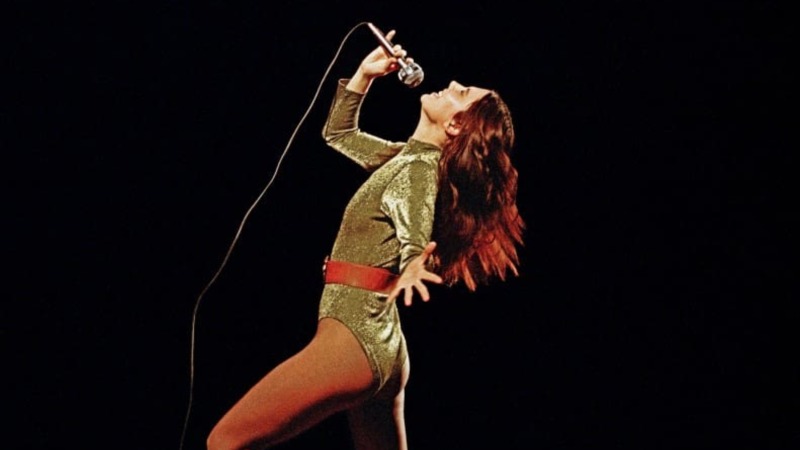On The Clearing, Wolf Alice Are Transient and Transitional
On their fourth album, the London band funnel the confusion of their early thirties into a pastiche of styles.

Wolf Alice isn’t sure where they’re heading, but they’re not stopping any time soon. In the three years since releasing the emotional, maximalist Blue Weekend, the band has won a Brit Award, traveled across Europe with Harry Styles, and signed with Columbia Records—a directional shift toward the mainstream, and a self-possessedness that the band revels in on their fourth album, The Clearing. 15 years after forming, Wolf Alice wants to communicate a sense of agency. In its best moments, the songs strive for glorious, feverish millennial growth, communicable only by Ellie Rowsell and her confident sense of abandonment—of knowing she will land on her feet no matter from where she may fall.
Lead single “Bloom Baby Bloom” is a simmering, St. Vincent-esque rhythm that explodes into an unabashedly cinematic chorus. “I’m sick and tired of trying to play it hard!” Rowsell howls, as Greg Kurstin’s percussion swirls around her. Its final minute is one of the album’s more satisfying moments, the sort of infectious, dance-in-your-bedroom music that defined the group’s 2015 debut. “Play It Out” signals a shakeup in the band’s signature sound: What begins as a soft piano ballad unfurls quietly into a prayer over Rowsell’s future. The calm insistence of the song grounds The Clearing, amidst all its chaos, in a sense of perfect rightness, and establishes its shift away from the catchy pop-rock that defined the band’s first decade. What this means for Wolf Alice’s future is suspended in the air, a weight one notices in the album’s more self-protective lyrics, like: “I wanna age with excitement, feel my world expand, just let me play it out.”
-

-

-

-

-

-

-

-

-

-

-

-

-

-

-

-

-

-

-

-

-

-

-

-

-

-

-

-

-

-

-

-

-

-

-

-

-

-

-

-








































